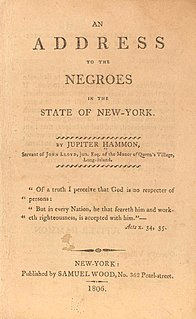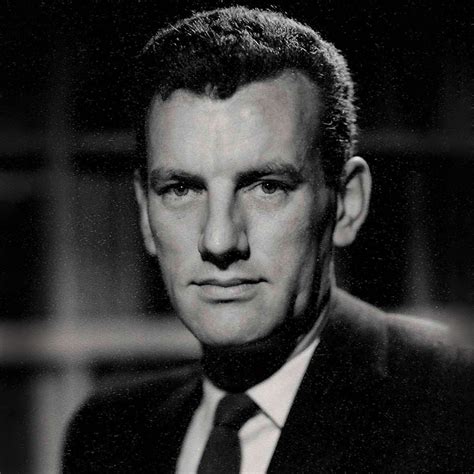A Quote by John F. Kennedy
The state is the servant of the citizen, and not his master.
Related Quotes
Some would define a servant like this: 'A servant is one who finds out what his master wants him to do, and then he does it.' The human concept of a servant is that a servant goes to the master and says, 'Master, what do you want me to do?' The master tells him, and the servant goes off BY HIMSELF and does it. That is not the biblical concept of a servant of God. Being a servant of God is different from being a servant of a human master. A servant of a human master works FOR his master. God, however, works THROUGH His servants.
The duty of the State toward the citizen is the duty of the servant to its master.... One of the duties of the State is that of caring for those of its citizens who find themselves the victims of such adverse circumstances as makes them unable to obtain even the necessities for mere existence without the aid of others.... To these unfortunate citizens aid must be extended by government--not as a matter of charity but as a matter of social duty.
The rule of law does not guarantee freedom, since general law as well as personal edicts can be tyrannical. But increasing reliance on the rule of law clearly played a major role in transforming Western society from a world in which the ordinary citizen was literally subject to the arbitrary will of his master to a world in which the ordinary citizen could regard himself as his own master
The church must be reminded that it is not the master or the servant of the state, but rather the conscience of the state. It must be the guide and the critic of the state, and never its tool. If the church does not recapture its prophetic zeal, it will become an irrelevant social club without moral or spiritual authority.
Whoever has become a servant of the Lord fears only his Master. But whoever is without the fear of God is often afraid of his own shadow. Fearfulness is the daughter of unbelief. A proud soul is the slave of fear; hoping in itself, in comes to such a state that it is startled by a small noise, and is afraid of the dark.
It is proper for every one to consider, in the case of all men, that he who has not been a servant cannot become a praiseworthy master; and it is meet that we should plume ourselves rather on acting the part of a servant properly than that of the master, first, towards the laws, (for in this way we are servants of the gods), and next, towards our elders.
It is interesting to observe that in the year 1935 the average individual's incurious attitude towards the phenomenon of the State is precisely what his attitude was toward the phenomenon of the Church in the year, say, 1500. It does not appear to have occurred to the Church-citizen of that day, any more than it occurs to the State-citizen of the present, to ask what sort of institution it was that claimed his allegiance.
































